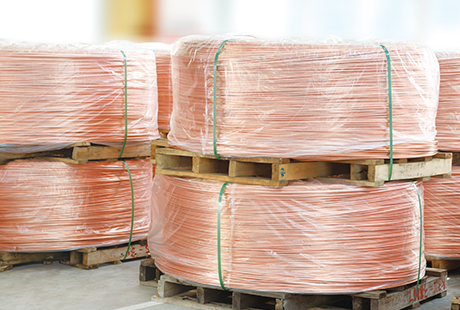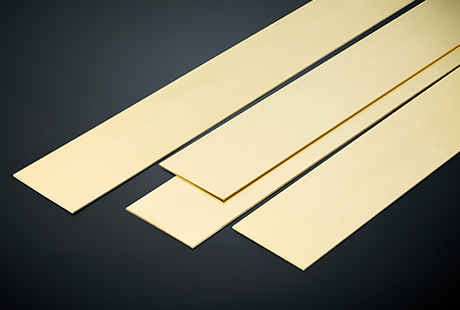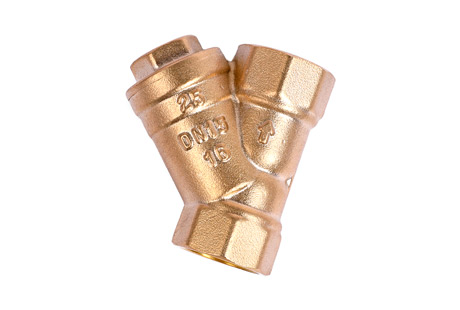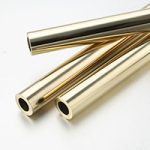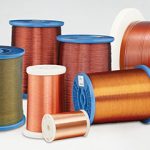When it comes to electrical conductors, the insulation material plays a crucial role in ensuring their efficiency and longevity. Among the various options available, enamel coated magnet wire has gained significant popularity. In this article, we will compare enamel coated magnet wire with other insulation materials, highlighting its distinctive features and advantages.
Enamel Coated Magnet Wire - An Overview
Enamel coated magnet wire, manufactured by Jintian Copper, is a high-performance electrical conductor widely used in various industries. This wire is coated with an enamel insulation material, enhancing its resistance to heat, moisture, and electrical stress. With exceptional thermal conductivity and electrical properties, enamel coated magnet wire is an excellent choice for demanding applications.
Advantages of Enamel Coated Magnet Wire over Traditional Insulation Materials
Enhanced Thermal Conductivity: Enamel coated magnet wire excels in effectively dissipating heat, preventing excessive temperature rise. This property not only ensures the safety and longevity of electrical systems but also minimizes overheating risks.
Superior Electrical Performance: Enamel coated magnet wire exhibits excellent dielectric strength, offering better insulation properties compared to other materials. The high-quality enamel insulation improves the wire's ability to withstand electrical stress, reducing the risk of breakdowns and faults.
Durability and Longevity: Enamel coated magnet wire has remarkable resistance to abrasion, chemicals, and environmental factors. Its durable insulation protects the wire against mechanical damage and ensures a prolonged service life.
Space-Efficient: Due to its thin insulation layer, enamel coated magnet wire allows for compact and space-efficient winding in electrical systems. This makes it ideal for applications with limited available space, such as motors, transformers, and relays.
Cost-Effective: Enamel coated magnet wire offers an excellent cost-to-performance ratio, making it an economical choice compared to other insulation materials. Its longevity and efficiency minimize the need for frequent replacements, reducing maintenance and downtime costs.
Comparison with Other Insulation Materials
Enamel Coated Magnet Wire vs. PVC Insulated Wire: While PVC insulation is widely used, enamel coated magnet wire provides superior heat resistance and dielectric strength. It is suitable for applications that require high-temperature resistance and improved electrical performance.
Enamel Coated Magnet Wire vs. Fiberglass Insulated Wire: Fiberglass insulation offers excellent resistance to heat and chemicals but lacks the electrical efficiency of enamel coated magnet wire. The latter proves advantageous in applications requiring high-performance electrical conductivity.
Enamel Coated Magnet Wire vs. Polyurethane Insulated Wire: Polyurethane insulation provides good electrical properties, but enamel coated magnet wire stands out with its enhanced thermal conductivity and durability, making it an excellent choice for demanding environments.
Enamel coated magnet wire, such as that produced by Jintian Copper, stands as a superior choice for electrical conductors when compared to other insulation materials. With its exceptional thermal conductivity, electrical performance, durability, and cost-effectiveness, enamel coated magnet wire proves to be the optimal solution for various applications. Whether it's for motors, transformers, or other electrical systems, enamel coated magnet wire ensures reliable and efficient performance while delivering long-lasting durability.

 English
English 日本語
日本語 한국어
한국어 français
français Deutsch
Deutsch Español
Español italiano
italiano العربية
العربية tiếng việt
tiếng việt Türkçe
Türkçe ไทย
ไทย 中文
中文
